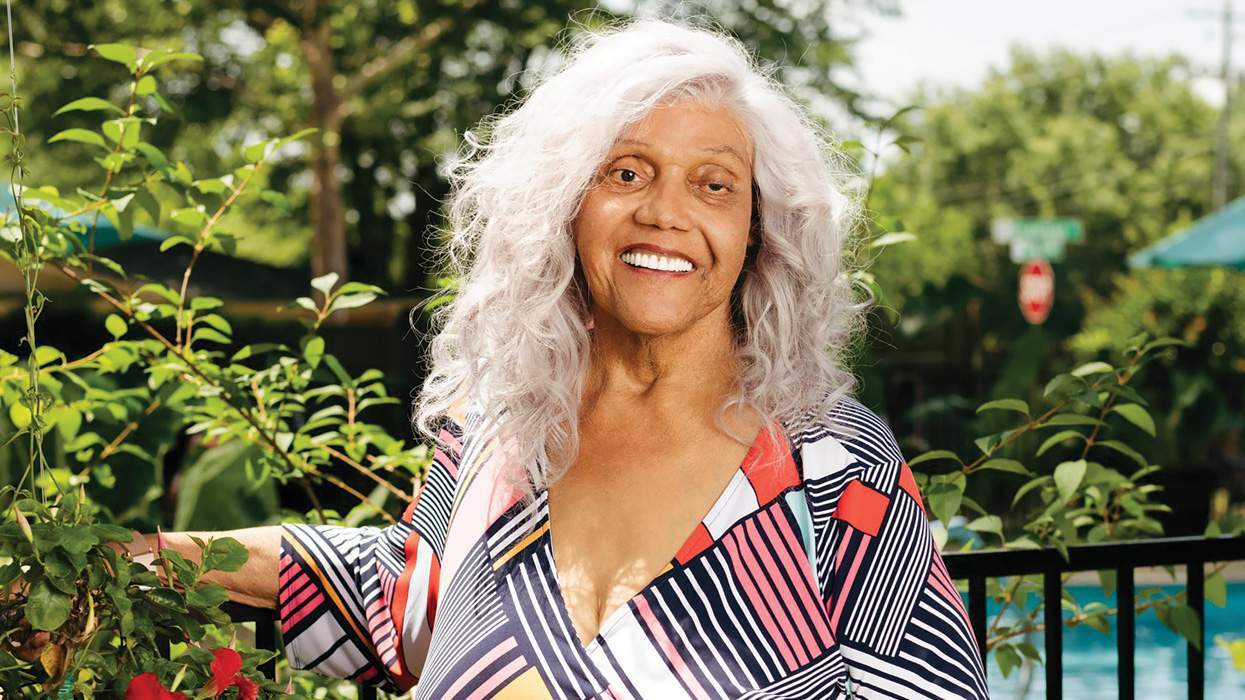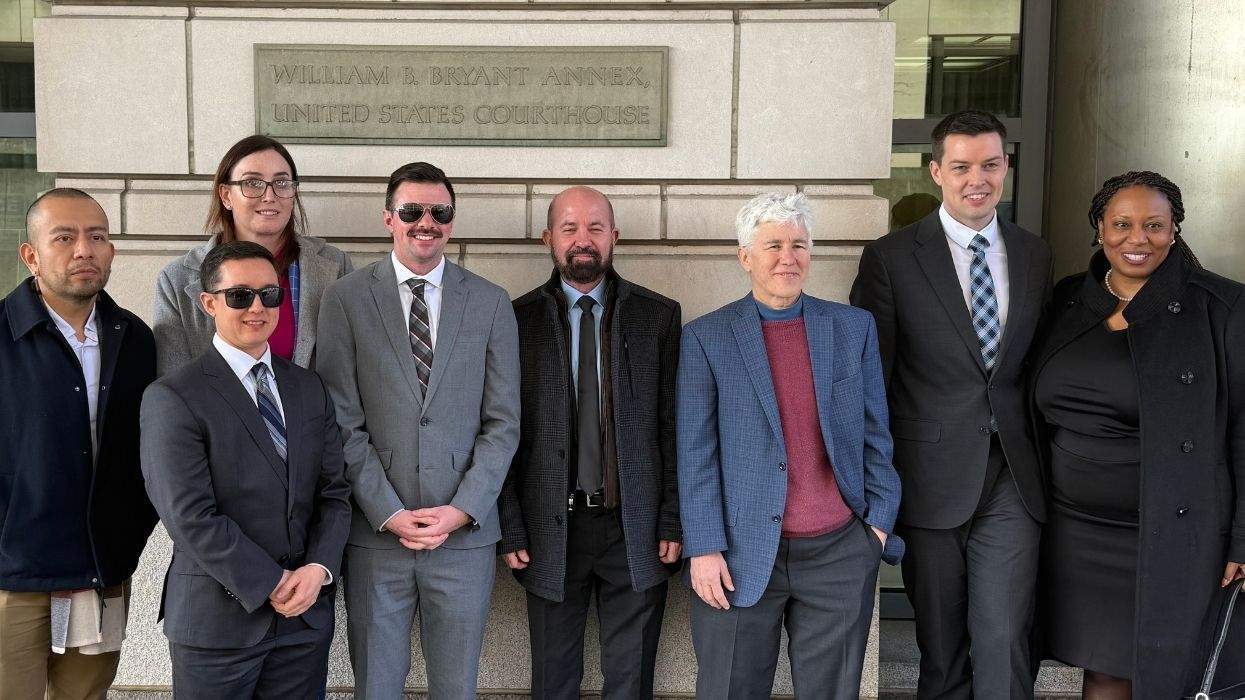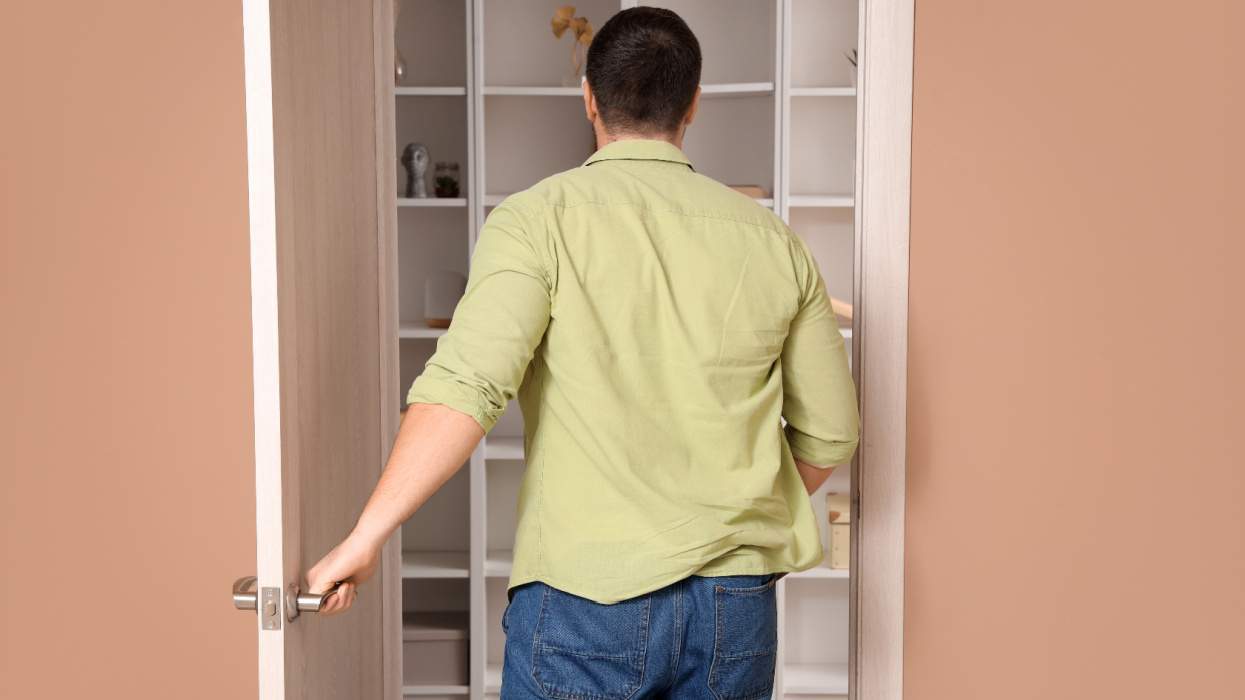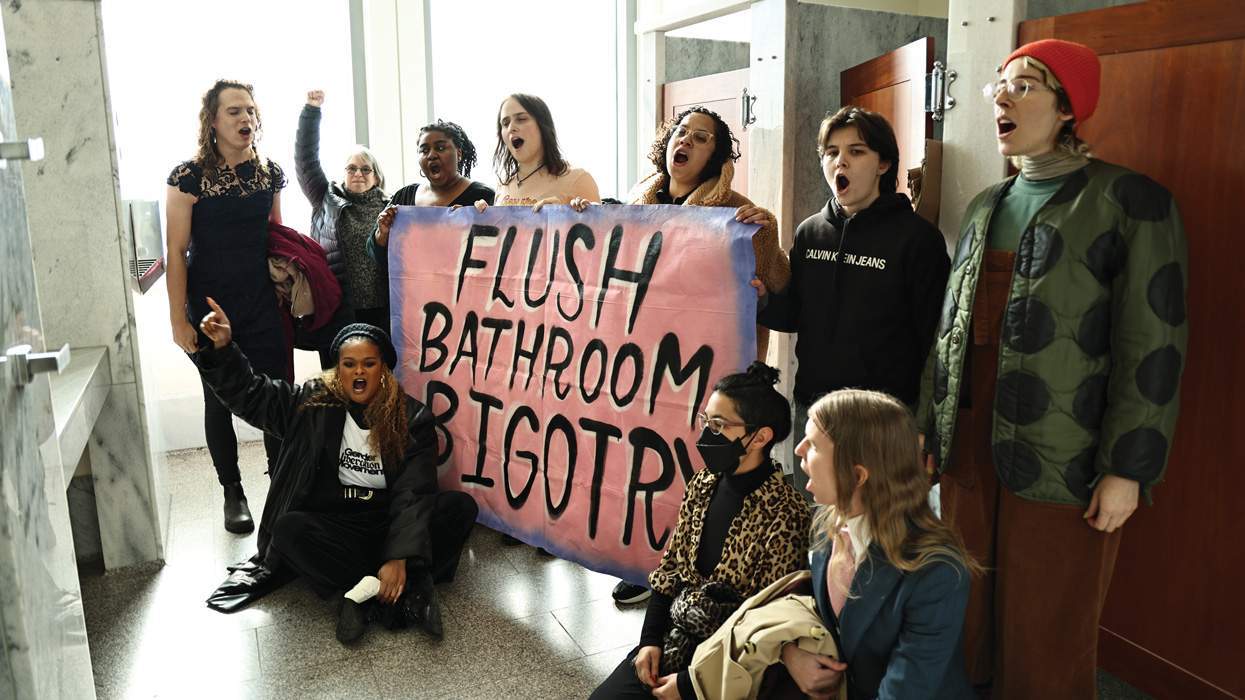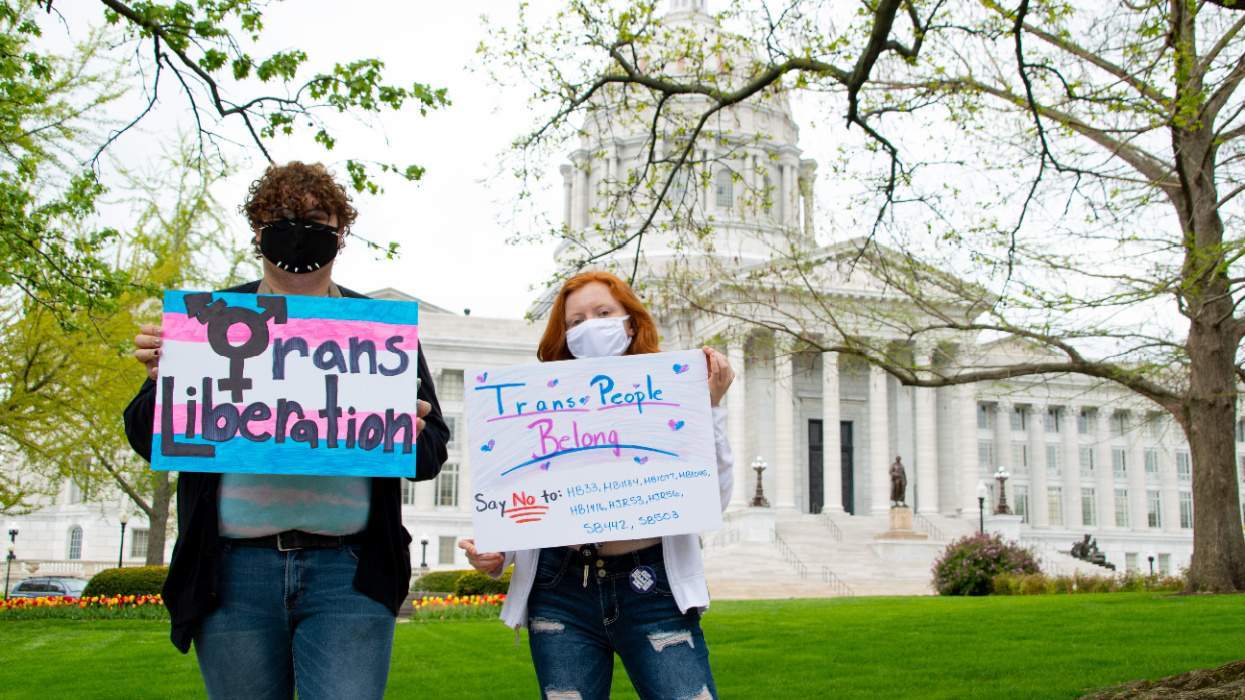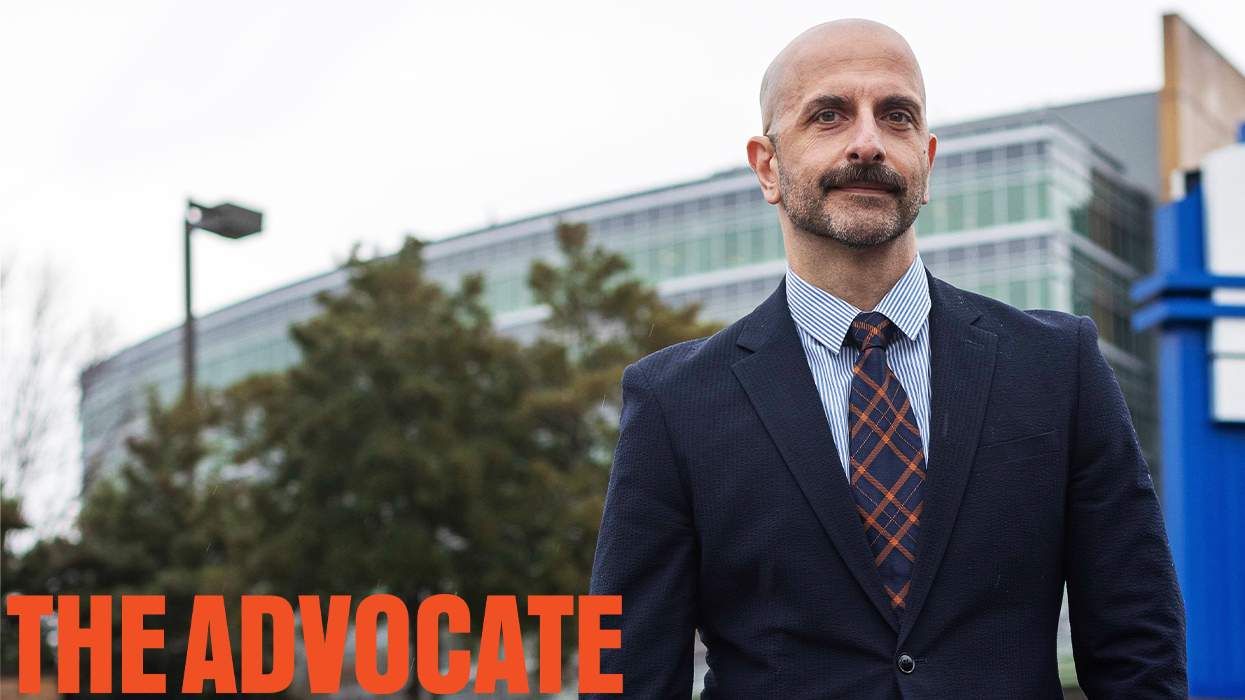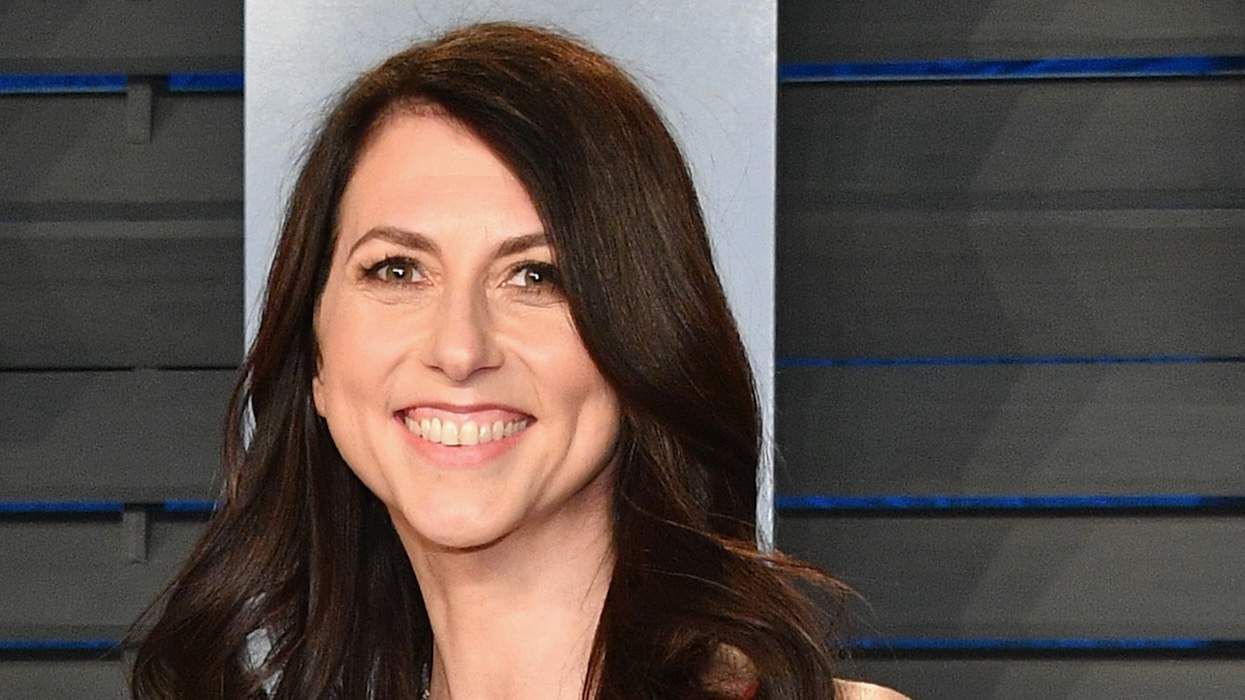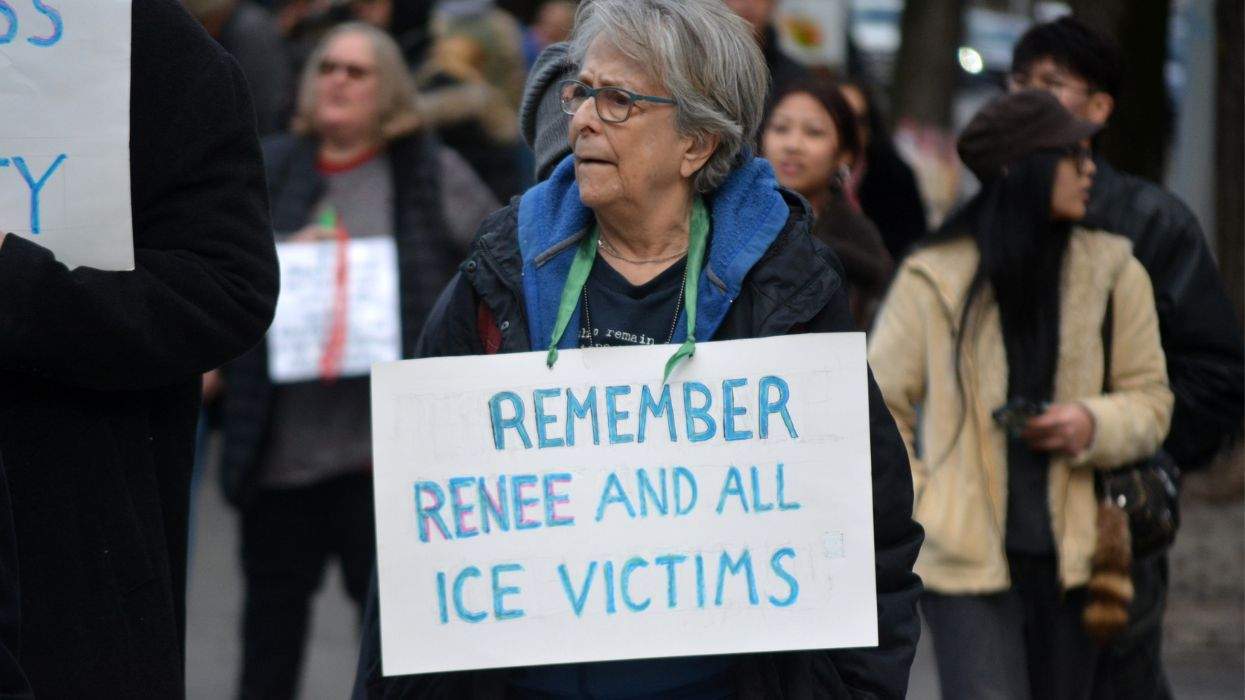Today is the American Cancer Society's Great American Smokeout, a day when people are encouraged to quit smoking -- or plan to quit -- and remain nonsmokers thereafter. It also happens to be the Gay American Smoke Out, which was introduced in 1994 by the Billy DeFrank LGBT Community Center.
Although national statistics show that adult smoking rates have declined over the years, smoking is still prevalent among LGBT people. A study published last year in Nicotine & Tobacco Research from the University of Colorado Cancer Center found that gays and lesbians are almost twice as likely to smoke than straight people.
One of the possible reasons for this is stress, which has long been identified as a major contributing factor to smoking and one of the leading causes of relapse for those who have quit. Stress may play an especially important role for LGBT people, especially LGBT youth.
A study conducted by CenterLink (formerly the National Association of LGBT Community Centers) looked at 46 focus groups and found that "employment and relationship-related issues were common triggers for smoking, while larger issues like racism, homophobia, and transphobia were seen as playing a key role in why LGBT individuals were more likely to smoke than other people."
Having helped smokers quit permanently for more than 25 years, I have identified five tips that can dramatically increase your chances of quitting smoking and remaining a nonsmoker -- whether you choose to quit smoking today or any time after that.
Click through for five steps toward a smoke-free future.
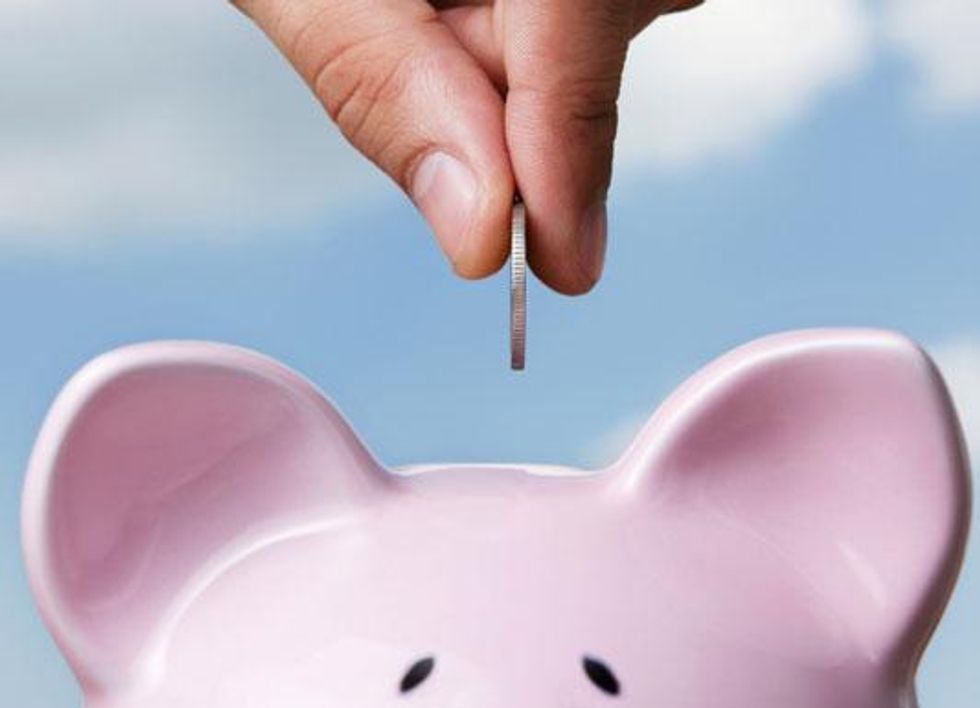
TIP 1: Identify Your Compelling Reason for Quitting
Experts have found that one of the most important factors for changing any unwanted behavior is having a strong, compelling reason for doing so. One of the main reasons people are unsuccessful in quitting smoking is that either they didn't truly wish to quit in the first place or they lost sight of their original motivation to quit. Having and maintaining a strong reason for being a nonsmoker (e.g., greater health, increased stamina, whiter smile, money considerations) is an important key to becoming a nonsmoker.
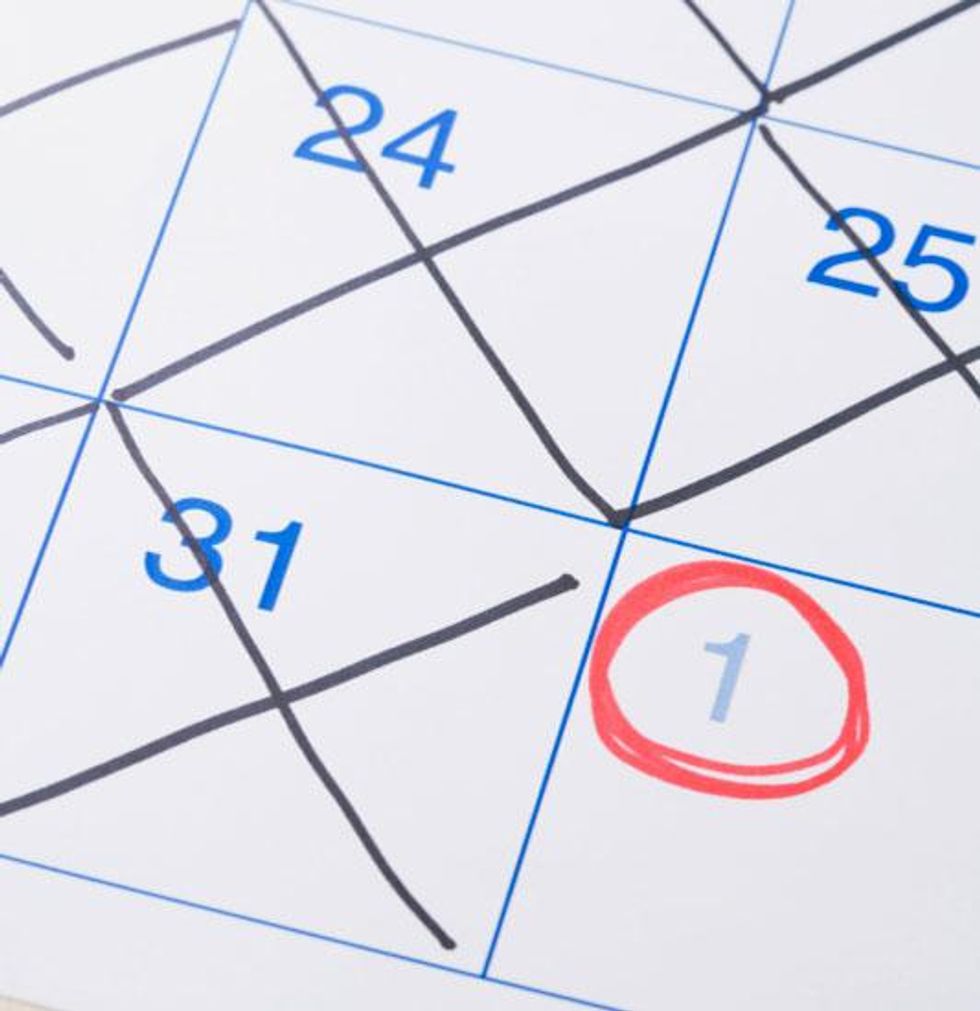
TIP 2: Set a Doable Quit Date
Once you've acknowledged that you do indeed want to be a nonsmoker and have identified your reason or reasons why, it's important to set a quit date that you can prepare for. While quitting cold turkey is successful for some, many experts advocate setting a specific quit date and allotting time to prepare to become a nonsmoker. It's also important that your quit date is at a time in your life when you're not experiencing any unusual amount of stress. Since stress is one of the major factors for relapse in those who have quit, it's a good idea to set a quit date when you can concentrate on being a nonsmoker.
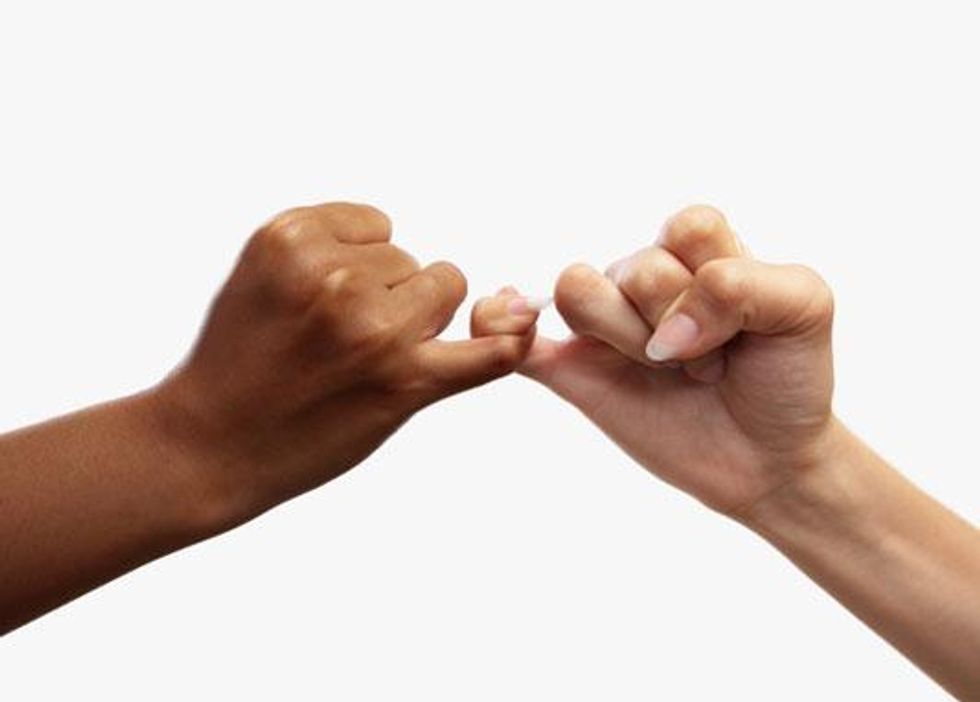
TIP 3: Establish Three Agreements
It's very beneficial to set up three agreements before becoming a nonsmoker. First, if you live with somebody who smokes, it is important that he or she agrees to never offer you a cigarette or leave cigarettes lying around the house (both of which are common causes of relapse). Second, institute the same agreement with coworkers, family members, and friends. The third and most important agreement is with yourself. The most common cause of relapse is accepting a cigarette that is offered to you. It is imperative that you make the agreement with yourself to never "have just one" cigarette or accept a cigarette that is offered to you once you have become a nonsmoker.
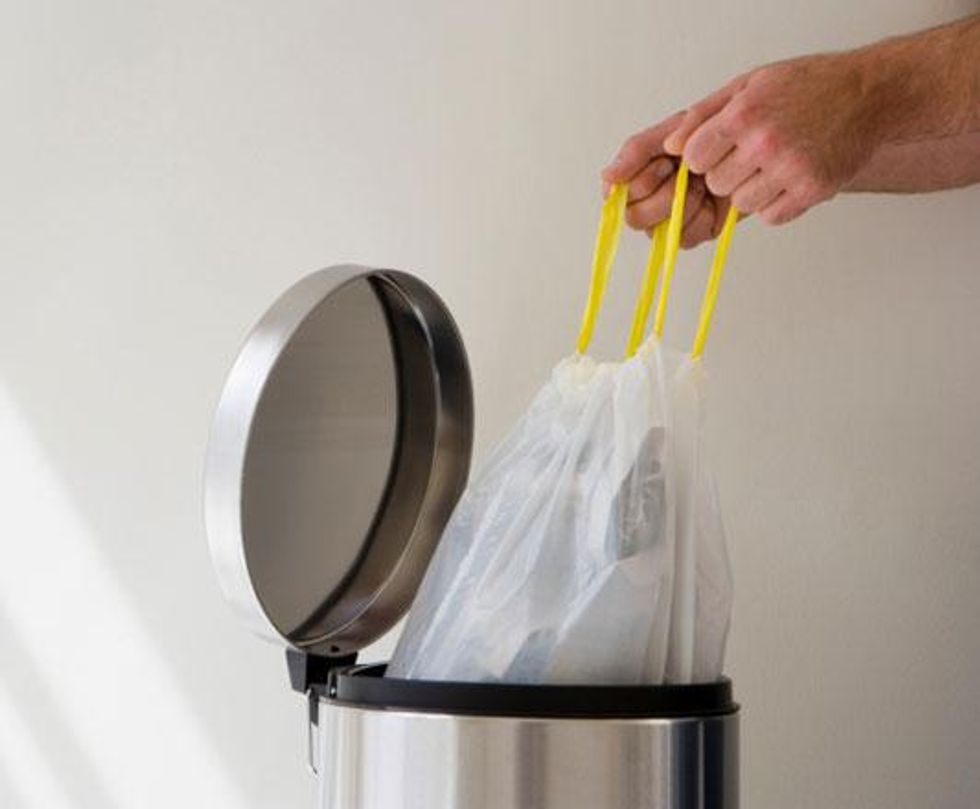
TIP 4: Clear Your Environment
The day before your quit date, be sure to remove all cigarettes and any smoking paraphernalia (lighters, ashtrays, etc.) from your home, car, and work environments. You are going to be a nonsmoker, and nonsmokers do not smoke cigarettes. Be sure you are thorough with your preparation. Countless relapses occur when nonsmokers discover a single cigarette that rolls out from under their car seat and resume their smoking habit.
TIP 5: Understand the Nature of Cravings
Cravings are natural, and it is likely that, even as a nonsmoker, you will continue to have cravings. Many people mistakenly think that once they quit smoking they will never have another craving again (and that if they do, they have failed at being a nonsmoker). Because smoking is both a physical and a psychological addiction, many psychological triggers (e.g., boredom, depression, habit, celebration) will remain even after you have become a nonsmoker. The key to handling these cravings is understanding that they are natural. We still go through a wide variety of emotions. Simply experiencing these cravings doesn't mean that we have failed in our attempt to quit smoking, nor do we have to engage in the habit. The American Lung Association has a useful saying: "The urge will pass whether I smoke or not."
DR. SCOTT LEWIS is the author of The Hypnosis Treatment Option and a recognized authority on the use of hypnosis to help people achieve their health and wellness goals. Check out highlights from his comedy hypnosis show at www.celebrityhypnotist.com.


